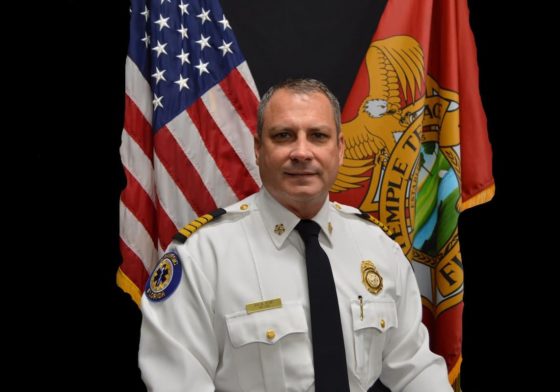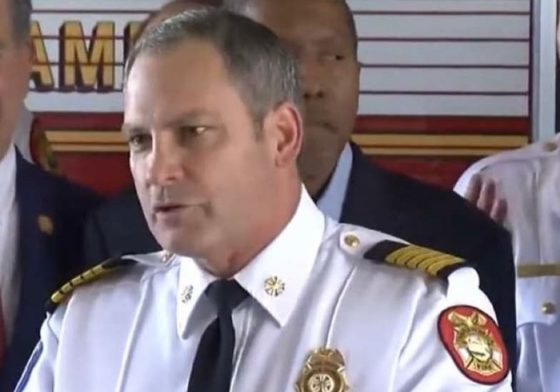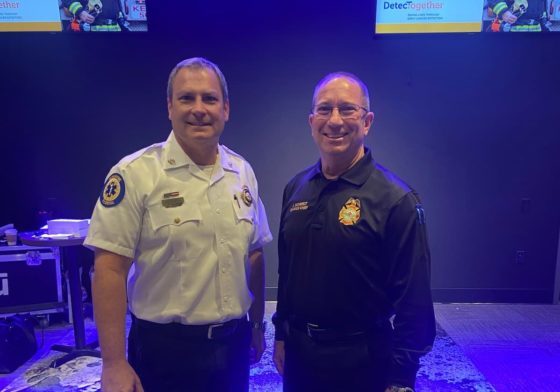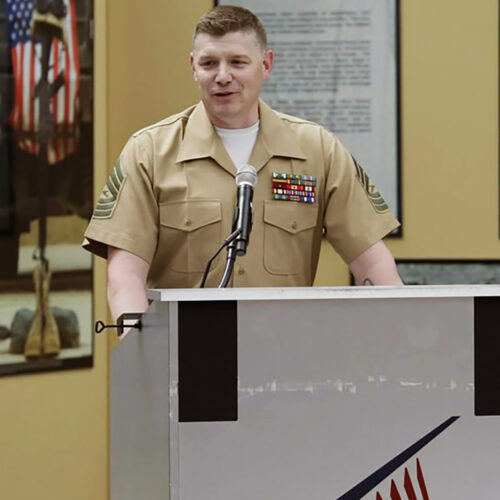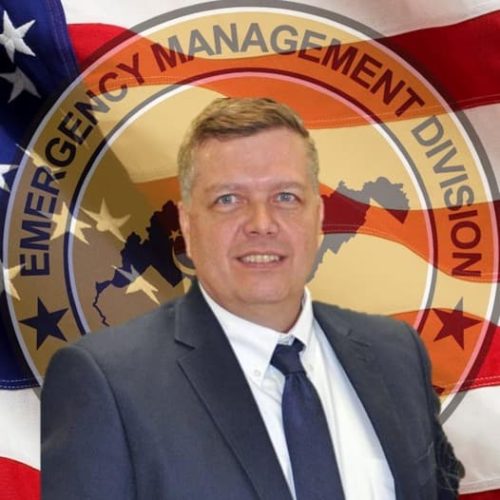I have always been health conscious. Since high school, I have worked out on a regular basis, and ate well.
I never thought cancer would happen to me.
Part of staying healthy meant keeping up with my annual physicals. After turning 50, my primary care physician suggested that I get my first colonoscopy. The test showed nothing out of the ordinary.
Not long after my first colonoscopy, I started experiencing health changes. I was going to the bathroom much more frequently and often had blood in my stool. I dismissed the symptoms since I had just had the colonoscopy. There was no way it was cancer.
The symptoms continued for over a year. I finally went to see a proctologist who diagnosed me with hemorrhoids. I was treated for about 5 months, but nothing seemed to be working. The doctor then sent me for a sigmoidoscopy, and a rectal tumor was found.
The earlier firefighters acknowledge their cancer risk, the longer their lives will be.
Given the size of the tumor, the doctor said it had likely been there for a few years but was missed during my initial colonoscopy. I sought a second opinion, and the doctor did another colonoscopy, MRI, and CT scan. I was diagnosed with stage 3A colorectal cancer.
I had the option for surgery or watch and wait, where I would have 5 weeks of radiation and then 4 months of chemotherapy. Thankfully, the watch and wait approach worked for me. The tumor was gone.
During scans in my follow-up care, a nodule was found on my right lung. The doctor wasn’t concerned and said we would just watch it. This didn’t sit well with me, so I pushed to have a PET scan. The nodule lit up during the test. The colorectal cancer had spread to my lungs.
I had surgery to remove the nodule and am now waiting for test results to determine the next step in my care plan. I am taking care of my body and staying positive.
Although I am a private person, it’s important for me to share my story, especially with my fellow firefighters. As the chief in my department, it is my responsibility to educate others about the dangers we face on the job and how we can mitigate the risks. The earlier firefighters acknowledge their cancer risk, the longer their lives will be. We are not invincible. We have to see our doctors regularly, do the recommended screenings, and we have to advocate for ourselves when we have symptoms or when a test or diagnosis doesn’t seem right. It’s up to you and only you to speak up.
Symptoms
- going to the bathroom more frequently
- blood in the stool

FREE Online Learning for Firefighters
The platform includes our 3 Steps Detect training along with 10 short lessons covering topics such as compiling your medical history, identifying and tracking symptoms, and how to prepare for doctor appointments. Firefighters can access the platform by clicking the link below.
